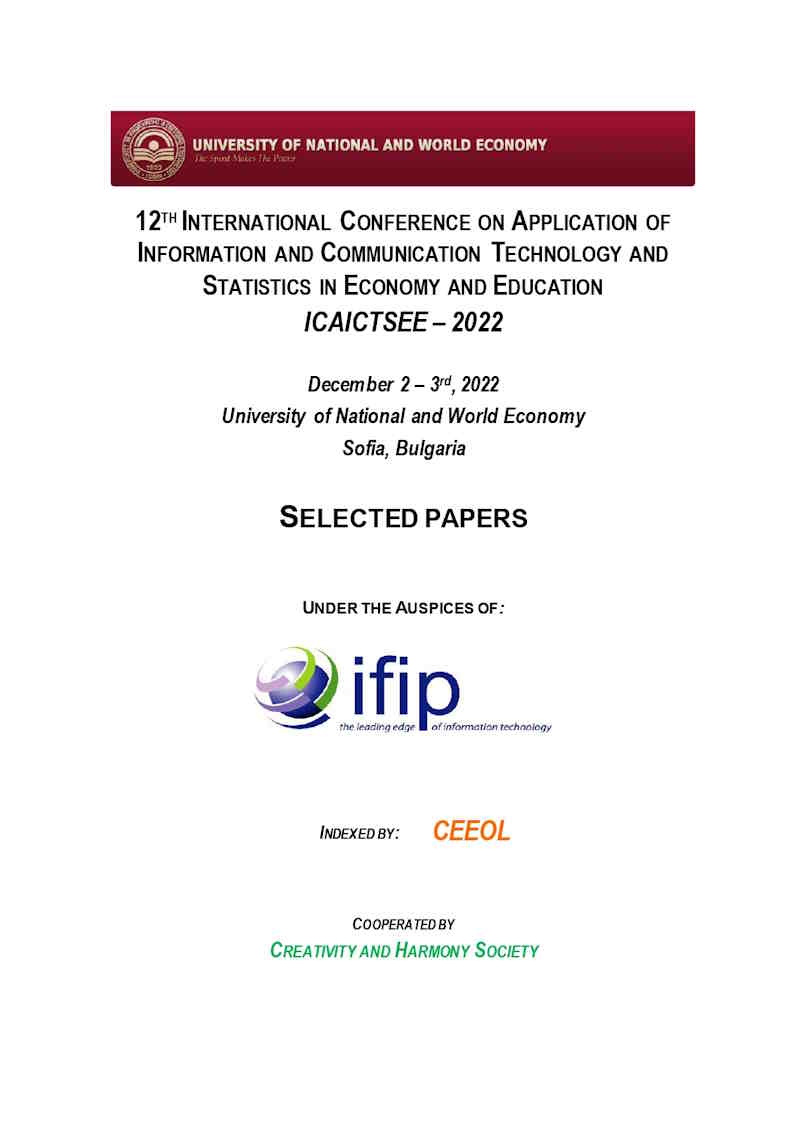
Agricultural Dynamics in The EU and the Raw Material Super Cycle
This study aims to explore the impact of the Raw Material Supercycle (RMSC) on agricultural dynamics in the European Union (EU), focusing on key commodity crops such as wheat, maize, barley, sunflower, and the unorthodox but strategic choice of potatoes. The inclusion of potatoes is particularly relevant due to their dietary significance, adaptability to diverse growing conditions, and their potential as a substitute crop during periods of raw material volatility. The research investigates how global raw material trends influence crop production, e port values, and market structures within the EU. Moreover, it seeks to identify key domestic and policy-driven factors that moderate the RMSC’s effects on the agricultural sector. Methodology: Utilizing a multi-method research approach, the study combines regression models with comparative analysis and trend analysis. Regression models are applied to assess the influence of the RMSC on production volumes and e port values of wheat, maize, barley, sunflower, and potatoes. The study contrasts the performance of these crops during different phases of the super cycle, identifying key dependencies and divergent trends across the EU. Furthermore, the study tracks changes in the areas under harvest, yields, and production levels for each crop, providing a nuanced understanding of agricultural dynamics in light of global raw material fluctuations. Key Findings: The study reveals significant correlation between the RMSC and the performance of EU commodity crops. or instance, while France and Italy continue to dominate the e port market for wheat, Bulgaria has emerged as a rising producer, with strong potential for future dominance in this sector. The choice of potatoes, often overlooked in traditional studies, proved insightful, as their unique growing flexibility and substitutive value contributes to mitigating the impact of raw material price volatility. Moreover, the Common Agricultural Policy (CAP) plays important, but limited in effects role in moderating the global super cycle’s effects by providing subsidies that buffer internal market dynamics. Originality/Scientific Novelty: This research provides an in-depth analysis of how global raw material cycles influence regional agricultural systems, specifically addressing the unorthodox yet strategic role of potatoes. By integrating crop-specific performance during different RMSC phases, it contributes a new understanding of localized agricultural vulnerabilities and resilience. Practical Value/Implications: The findings offer valuable insights for policymakers, particularly in crafting agricultural strategies that can anticipate and mitigate the effects of future super cycle phases. Recommendations include targeted investments in crop diversity and substitutable crops, with implications for strengthening agricultural resilience across the EU.
More...


